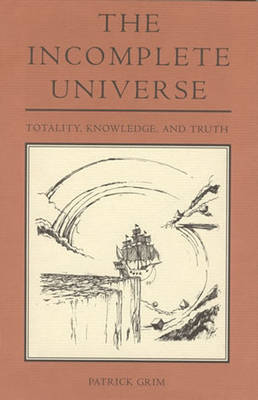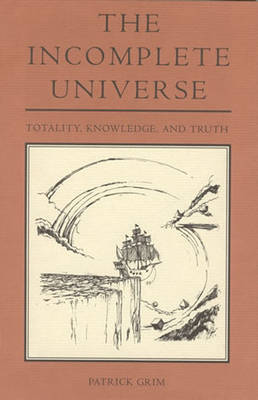
- Afhalen na 1 uur in een winkel met voorraad
- Gratis thuislevering in België vanaf € 30
- Ruim aanbod met 7 miljoen producten
- Afhalen na 1 uur in een winkel met voorraad
- Gratis thuislevering in België vanaf € 30
- Ruim aanbod met 7 miljoen producten
Zoeken
Omschrijving
The central claim of this powerful philosophical exploration is that within any logic we have, there can be no coherent notion of all truth or of total knowledge. Grim examines a series of logical paradoxes and related formal results to reveal their implications for contemporary epistemology, metaphysics, and the philosophy of religion. He reaches the provocative conclusion that, if the universe is thought of in terms of its truths, it is essentially open and incomplete. The Incomplete Universe includes detailed work on the liar paradox and recent attempts at solution, Kaplan and Montague's paradox of the knower, the Gödel theorems and related incompleteness phenomena, and new forms of Cantorian argument. The emphasis throughout is philosophical rather than formal, with an eye to connection's with possible worlds, the notion of omniscience, and the opening lines of the Tractatus: "The world is all that is the case. "
Specificaties
Betrokkenen
- Auteur(s):
- Uitgeverij:
Inhoud
- Aantal bladzijden:
- 182
- Taal:
- Engels
- Reeks:
Eigenschappen
- Productcode (EAN):
- 9780262519113
- Verschijningsdatum:
- 8/11/1991
- Uitvoering:
- Paperback
- Formaat:
- Trade paperback (VS)
- Afmetingen:
- 152 mm x 229 mm
- Gewicht:
- 272 g

Alleen bij Standaard Boekhandel
+ 135 punten op je klantenkaart van Standaard Boekhandel
Beoordelingen
We publiceren alleen reviews die voldoen aan de voorwaarden voor reviews. Bekijk onze voorwaarden voor reviews.











